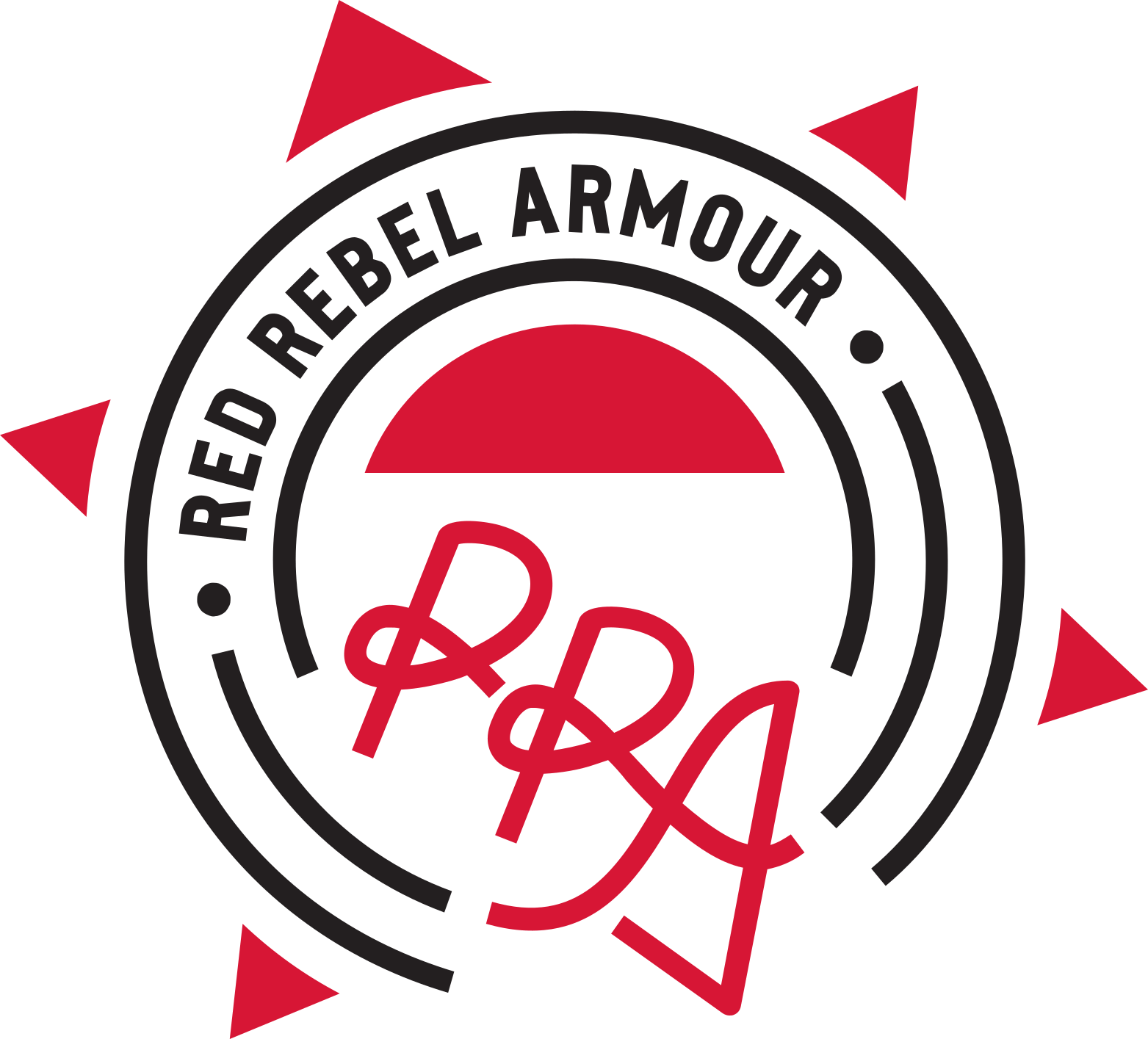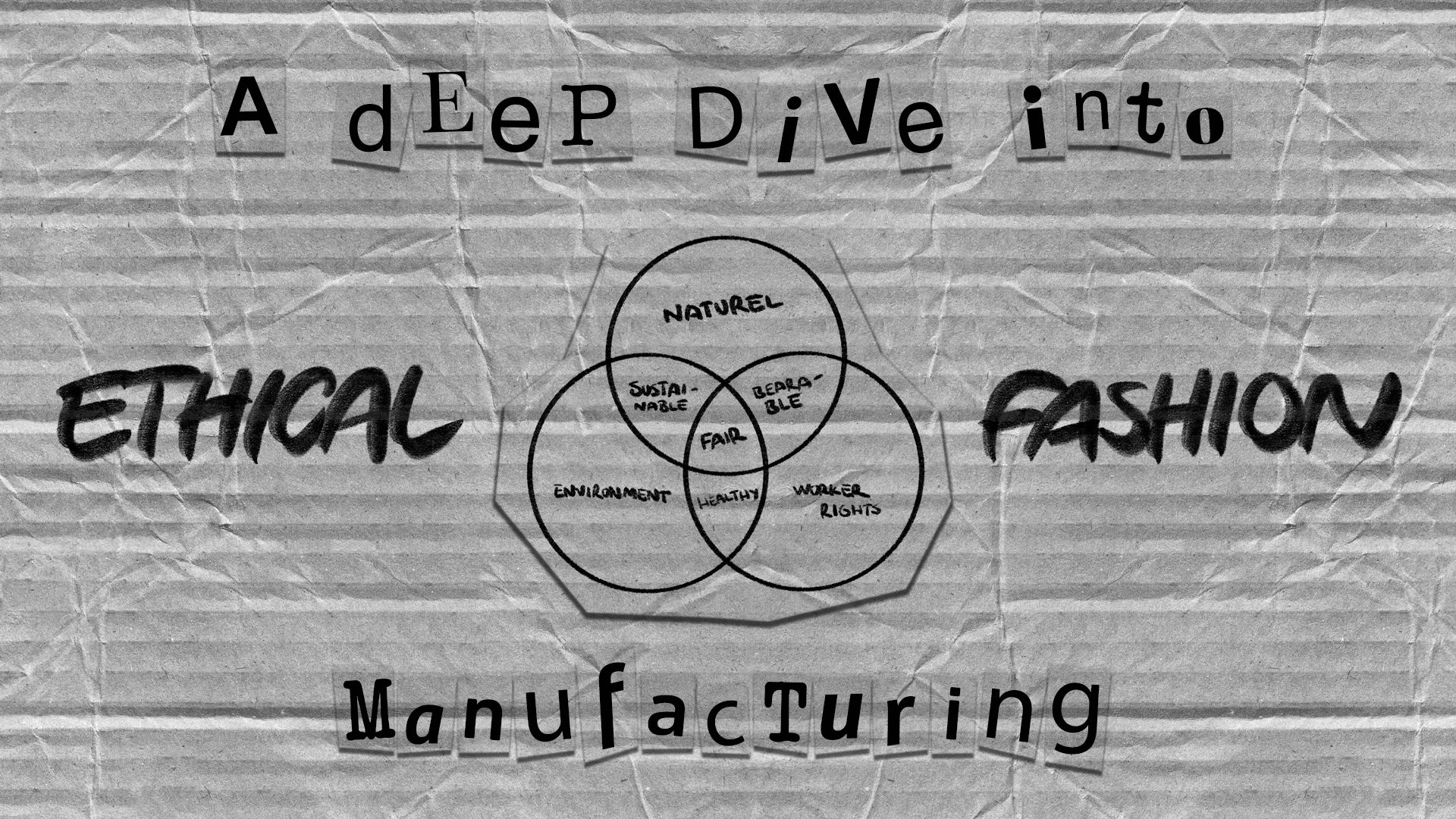Korean Ethical Fashion: A Sustainable Revolution In Style
Korean ethical fashion is rapidly emerging as a global trendsetter, blending sustainability with style in ways that captivate both local and international audiences. This movement is rooted in the principles of environmental consciousness, fair labor practices, and innovative design. From Seoul's bustling fashion districts to global runways, ethical fashion brands from Korea are making waves by redefining what it means to dress responsibly. With a focus on eco-friendly materials, reduced waste, and socially conscious production, Korean designers are proving that fashion can be both beautiful and sustainable.
As consumers become more aware of the environmental and social impact of their clothing choices, the demand for ethical fashion has skyrocketed. Korea, with its rich cultural heritage and cutting-edge innovation, is uniquely positioned to lead this movement. The country’s designers are incorporating traditional Korean craftsmanship with modern sustainable practices, creating pieces that are not only stylish but also meaningful. This fusion of heritage and innovation is what makes Korean ethical fashion stand out on the global stage.
But what exactly is driving this shift toward ethical fashion in Korea? From government initiatives to grassroots movements, a variety of factors are contributing to this sustainable revolution. Consumers are increasingly seeking transparency in the fashion industry, and Korean brands are responding by adopting ethical practices that align with these values. This article dives deep into the world of Korean ethical fashion, exploring its origins, key players, and future potential. By the end, you'll have a comprehensive understanding of how Korea is reshaping the fashion industry for the better.
Read also:Discovering The Impact Of Fox Lisa Boothe A Comprehensive Guide
Table of Contents
- What Is Korean Ethical Fashion and Why Is It Important?
- Who Are the Key Players in Korean Ethical Fashion?
- How Is Sustainability Redefining Korean Fashion?
- What Role Does Innovation Play in Korean Ethical Fashion?
- What Are the Challenges Facing Korean Ethical Fashion?
- How Are Consumer Behaviors Shaping Korean Ethical Fashion?
- How Does Korean Culture Influence Ethical Fashion Trends?
- What Does the Future Hold for Korean Ethical Fashion?
What Is Korean Ethical Fashion and Why Is It Important?
Korean ethical fashion refers to the production and consumption of clothing and accessories that prioritize environmental sustainability, fair labor practices, and cultural preservation. Unlike fast fashion, which focuses on mass production and low costs, ethical fashion emphasizes quality, longevity, and responsibility. This movement is particularly significant in Korea, where the fashion industry is a cornerstone of the economy and culture.
The importance of Korean ethical fashion cannot be overstated. For one, it addresses the environmental challenges posed by the global fashion industry, which is one of the largest polluters in the world. By adopting eco-friendly materials and reducing waste, Korean brands are setting a precedent for sustainable practices. Additionally, ethical fashion promotes fair wages and safe working conditions for garment workers, many of whom are based in Korea or neighboring countries.
Moreover, Korean ethical fashion is deeply intertwined with cultural heritage. Designers often draw inspiration from traditional Korean clothing, such as the hanbok, and incorporate these elements into modern designs. This not only preserves cultural identity but also introduces it to a global audience. By blending tradition with innovation, Korean ethical fashion is redefining what it means to be stylish and responsible.
Who Are the Key Players in Korean Ethical Fashion?
The rise of Korean ethical fashion would not be possible without the visionary designers and brands leading the charge. These individuals and companies are committed to sustainability, transparency, and innovation, making them pioneers in the industry.
Notable Designers and Their Contributions
One standout figure is Ji-eun Park, a Seoul-based designer known for her eco-friendly collections that combine traditional Korean textiles with contemporary silhouettes. Her brand, "EcoHan," has gained international acclaim for its use of organic fabrics and zero-waste production methods. Another prominent name is Min-soo Kim, whose label "GreenThreads" focuses on upcycling discarded materials into high-fashion pieces.
Leading Brands in the Ethical Fashion Space
Several brands have also emerged as leaders in Korean ethical fashion. For example, Re;code specializes in transforming old uniforms and textiles into stylish, functional clothing. Their innovative approach has earned them a loyal following both in Korea and abroad. Similarly, Studio K is celebrated for its commitment to fair trade practices and sustainable sourcing, ensuring that every piece is ethically made.
Read also:Who Is Lakiha Spicer Discover The Inspiring Story Of A Rising Star
How Is Sustainability Redefining Korean Fashion?
Sustainability is at the heart of Korean ethical fashion, driving a paradigm shift in how clothing is designed, produced, and consumed. This transformation is evident in various aspects of the industry, from material sourcing to production processes.
The Role of Eco-Friendly Materials
Korean designers are increasingly turning to sustainable materials such as organic cotton, bamboo, and recycled polyester. These materials not only reduce the environmental impact of clothing production but also offer unique textures and aesthetics. For instance, bamboo fabric is prized for its softness and breathability, making it a popular choice for summer collections.
Waste Reduction and Circular Fashion
Another key aspect of sustainability is waste reduction. Many Korean brands are adopting circular fashion principles, which involve designing products with their entire lifecycle in mind. This includes using biodegradable materials, offering repair services, and encouraging customers to recycle old garments. Brands like Upcycle Korea are leading the way by transforming discarded textiles into new, high-quality pieces.
What Role Does Innovation Play in Korean Ethical Fashion?
Innovation is a driving force behind the success of Korean ethical fashion. From cutting-edge technologies to creative design approaches, Korean brands are constantly pushing the boundaries of what is possible in sustainable fashion.
Technology in Sustainable Design
One example of innovation is the use of 3D printing to create intricate designs with minimal waste. This technology allows designers to experiment with complex patterns and structures that would be difficult to achieve through traditional methods. Additionally, advancements in dyeing techniques, such as waterless dyeing, are helping to reduce the environmental impact of fabric production.
Collaborations and Cross-Industry Partnerships
Korean ethical fashion brands are also collaborating with other industries to drive innovation. For instance, partnerships with tech companies have led to the development of smart fabrics that monitor body temperature or adjust to environmental conditions. These innovations not only enhance the functionality of clothing but also make it more sustainable.
What Are the Challenges Facing Korean Ethical Fashion?
Despite its many successes, Korean ethical fashion faces several challenges that must be addressed to ensure its continued growth and impact.
High Costs and Limited Accessibility
One major challenge is the high cost of sustainable materials and production methods, which can make ethical fashion less accessible to the average consumer. While luxury brands can afford to invest in sustainability, smaller companies often struggle to balance ethical practices with affordability.
Consumer Awareness and Education
Another obstacle is the lack of awareness among consumers about the benefits of ethical fashion. Many people are still unfamiliar with terms like "upcycling" or "circular fashion," which can hinder their ability to make informed purchasing decisions. Education campaigns and transparent labeling are essential to overcoming this barrier.
How Are Consumer Behaviors Shaping Korean Ethical Fashion?
Consumer behavior plays a crucial role in the growth of Korean ethical fashion. As awareness of sustainability issues increases, more people are choosing to support brands that align with their values.
The Rise of Conscious Consumerism
Conscious consumerism is driving demand for ethical fashion in Korea. Shoppers are increasingly prioritizing quality over quantity, opting for timeless pieces that last longer and have a lower environmental impact. This shift is evident in the growing popularity of capsule wardrobes and minimalist fashion.
Influence of Social Media and Influencers
Social media platforms like Instagram and TikTok are also playing a significant role in shaping consumer behavior. Influencers who advocate for sustainable fashion are inspiring their followers to make more ethical choices. For example, Korean influencer Yuna Kim has built a massive following by promoting eco-friendly brands and sharing tips for sustainable living.
How Does Korean Culture Influence Ethical Fashion Trends?
Korean culture has a profound influence on ethical fashion trends, shaping everything from design aesthetics to production methods. This cultural connection adds depth and meaning to the movement.
Traditional Korean Elements in Modern Design
Designers often incorporate traditional Korean elements, such as hanbok-inspired silhouettes and natural dyeing techniques, into their collections. These elements not only celebrate cultural heritage but also promote sustainability by using time-tested methods that are environmentally friendly.
Community and Collaboration
Korean ethical fashion is also characterized by a strong sense of community and collaboration. Local artisans, designers, and consumers often work together to create pieces that reflect shared values and traditions. This collaborative spirit fosters innovation and ensures that ethical practices are upheld throughout the supply chain.
What Does the Future Hold for Korean Ethical Fashion?
The future of Korean ethical fashion looks promising, with continued growth and innovation on the horizon. As more brands and consumers embrace sustainability, the movement is poised to expand its reach and impact.
Emerging Trends and Technologies
Emerging trends, such as biodegradable fabrics and AI-driven design, are expected to play a significant role in shaping the future of ethical fashion. These advancements will make it easier for brands to produce sustainable clothing while meeting the demands of modern consumers.
Global Expansion and Recognition
Korean ethical fashion is also gaining recognition on the global stage, with brands like Studio K and Re;code making waves at international fashion shows. This global expansion will not only increase the visibility of Korean ethical fashion but also inspire other countries to adopt similar practices.
Frequently Asked Questions
What Makes Korean Ethical Fashion Different from Western Ethical Fashion?
Korean ethical fashion stands out due to its integration of traditional cultural elements and innovative technologies. While Western ethical fashion often focuses on minimalism and functionality, Korean designers emphasize storytelling and cultural preservation.
How Can I Support Korean Ethical Fashion as a Consumer?
You can support Korean ethical fashion by purchasing from sustainable brands, educating yourself about ethical practices, and advocating for transparency in the fashion industry.
Is Korean Ethical Fashion Affordable for the Average Consumer?
While some Korean ethical fashion brands cater to luxury markets, there are also affordable options available. Look for smaller, independent labels that prioritize accessibility without compromising on sustainability.
For more information on sustainable fashion practices, visit Fashion Revolution, a global movement advocating for a more ethical and sustainable fashion industry.
Conclusion
Korean ethical fashion is more than just a trend; it is a movement that is reshaping the fashion industry for the better. By prioritizing sustainability, cultural heritage, and innovation, Korean designers are setting a new standard for responsible fashion. As consumers, we have the power to support this movement by making informed choices and advocating for change. Together, we can ensure that fashion remains a force for good in the world.
ASL Urban Dictionary: Everything You Need To Know About ASL And Urban Slang
Rasheeda Frost Kids: A Comprehensive Look At Family, Life, And Legacy
Is Jackie Witte Paul Newman's First Wife Still Alive? Exploring Her Life And Legacy

iconX Close (esc)

A DEEP DIVE INTO ETHICAL FASHION MANUFACTURING Prev